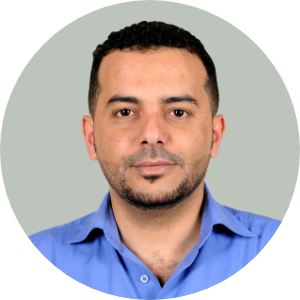The critical role of fact-checking in health information– An excerpt from First Check’s Coffee Table Book
Author
Author
- admin / 2 years

- 0
- 2 min read

Author
It is crucial to actively debunk false claims, verify information from trusted sources, and understand cognitive biases, to ensure the public receives accurate and reliable health information.
“It’s not good enough to know that you know the facts, you need to step up and set the record straight. Debunking false claims, particularly about health, is vital.”
Given the world that we live in today, fact-checking is more important than ever before. If you see a social media post or blog that claims “vaccines cause autism”, it is important to verify the claim and then, call out the false information. It’s not good enough to know that you know the facts, you need to step up and set the record straight. Debunking false claims, particularly about health, is vital.
We need to ask the right questions: Is the information coming from a trusted source? Is it backed by scientific evidence? Research shows that fact-checking corrects perceptions among people as well as discourages them from spreading false or misleading claims.
As part of our fact-checking efforts, it is important to talk about the cognitive biases that are innate to each of us. While these biases help us navigate everyday life, they can cause us to overlook relevant facts, even when they are clearly presented. We need to find effective ways to address this challenge.
It is also important to know and understand the kind of information that patients and people, in general, are looking for. As healthcare professionals, we need to be willing and available to answer their questions about viral health claims on social media as well as popular health myths passed down from generation to generation.
This is an excerpt from First Check’s Coffee Table Book, you can read the full Coffee Table Book here.
Zayed Aboali is a UN volunteer as National Emergency Nurse with the United Nations Development Programme (UNDP), Yemen and is a member of the First Check team of Experts.










